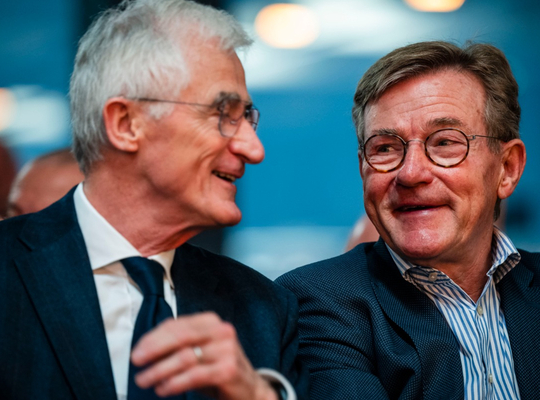You are here
The N-VA wants faster European authorisation of small nuclear reactors

The European Parliament wants to encourage the development of Small Modular Reactors (SMRs). The European N-VA delegation is satisfied that European minds have finally shifted regarding nuclear power. “It is unbelievable and actually highly irresponsible that it took so long, but now that we are finally on the same page, we must fully commit to it. That offers opportunities for Flanders,” says N-VA delegation head Geert Bourgeois.
The European Union faces an ambitious challenge: fully reaching net-zero carbon emissions by 2050. To achieve this objective while ensuring energy supply, nuclear energy must have prominence in the energy mix as a sustainable source. Small Modular Reactors (SMRs) can play an important role in this, not least for industry-intensive regions such as Flanders.
Thanks to their compact size, lower initial investment costs and faster construction time, they not only offer cost-efficient solutions, but can also be seamlessly integrated into our energy-intensive industries. “Moreover, they enable the generation of CO2-neutral hydrogen. In this way, they contribute to energy security and the anchoring of industrial clusters, with the associated jobs, in Flanders,” says Geert Bourgeois.
Flexible, reliable and environmentally friendly
Johan Van Overtveldt: “These small, modular reactors embody the power of innovation to provide flexible, reliable, and environmentally friendly energy solutions for a sustainable future for the climate and industry. That is why we are already calling for the authorisation procedures for such small modular reactors at the EU level to be shortened.”
Nuclear know-how in our own hands
The rollout of this new technology also offers the opportunity to utilise our Flemish nuclear expertise within and beyond the EU. First and foremost, consider SCK in Mol, which has been including SMRs within its research scope for some time. “In that respect, it is also important that the existing nuclear power stations remain operational for as long as possible and that we keep our nuclear know-how in our own hands and develop it further,” Geert and Johan conclude.

